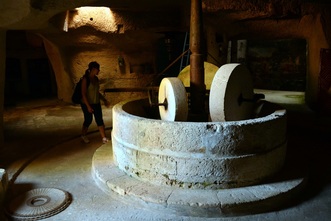
For Italians, using any other oil than EVO in the kitchen is like drinking a cappuccino after breakfast or eating spaghetti with fork & spoon: sinful.
The virtues of extra virgin olive oil are simply too many to list: flavourful, healthy, traditional, and above all tasty. Since your plane approach Puglia or as soon as you drive in from the neighbouring regions of Basilicata or Campania, you immediately realise that olive trees dominate the landscape and the economy of most of the region.
In Aristotele´s times, removing an olive tree was punishable with death, and some of these magnificent trees might be (or at least we like to imagine it…) old enough to remember the battle between the Roman legions and Hannibal´s elephants which took place in these plains 23 centuries ago.
The virtues of extra virgin olive oil are simply too many to list: flavourful, healthy, traditional, and above all tasty. Since your plane approach Puglia or as soon as you drive in from the neighbouring regions of Basilicata or Campania, you immediately realise that olive trees dominate the landscape and the economy of most of the region.
In Aristotele´s times, removing an olive tree was punishable with death, and some of these magnificent trees might be (or at least we like to imagine it…) old enough to remember the battle between the Roman legions and Hannibal´s elephants which took place in these plains 23 centuries ago.
During our cycling trip in the coastal plains around Monopoli on the Adriatic coast, we met endless centenary olive trees, each of them profoundly different from the other, modelled into unique, twisted, contorted natural sculptures by the chilly “Tramontana wind” blowing Westwards from the Balkans and occasionally inviting modern beach-goers to commute to the Ionic coast for milder bathing.
The prized fruits of these noble trees are carefully collected in mid Autumn and anciently brought to underground donkey-powered mills carved into limestone underneath ancient "masserie", typical 17th century farmhouses, in some cases fortified with turrets, embattlements and moats and currently either abandoned or transformed in magnificent resorts like Masseria Bosco in Avetrana.
The prized fruits of these noble trees are carefully collected in mid Autumn and anciently brought to underground donkey-powered mills carved into limestone underneath ancient "masserie", typical 17th century farmhouses, in some cases fortified with turrets, embattlements and moats and currently either abandoned or transformed in magnificent resorts like Masseria Bosco in Avetrana.
Quality of the olives, care of the trees avoiding pesticides, harvesting methods (the olives can not touch the ground or they become slightly too acid) and pressing techniques (cold-squeeze, without any additives) are all fundamental elements for THE perfect Extra Virgin Olive Oil, an excellent basis as well for natural cosmetic products.
The ideal introduction to appreciate the kaleidoscopic characteristics of top-quality extra virgin olive oil is a friendly dinner in the masseria´s restaurant nested deep into olive trees and vines plantations, a handful of kilometres from the magnificent sandy beaches of the WWF reserve “Salina Monaci”. The core business of the family is olive oil production, thanks to a vast plantation of over 100.000 trees, state-of-the-art facilities supporting the needs of over 600 associated small farmers, and in-depth knowledge of the peculiarities of the different types of olives, like Cellino, Coratina, the fish-shaped Pecholin, Leccino, Nociara, each endowed with specific flavour from mild to spicy or “fruttato” (fruity), as we say in Italian.
The ideal introduction to appreciate the kaleidoscopic characteristics of top-quality extra virgin olive oil is a friendly dinner in the masseria´s restaurant nested deep into olive trees and vines plantations, a handful of kilometres from the magnificent sandy beaches of the WWF reserve “Salina Monaci”. The core business of the family is olive oil production, thanks to a vast plantation of over 100.000 trees, state-of-the-art facilities supporting the needs of over 600 associated small farmers, and in-depth knowledge of the peculiarities of the different types of olives, like Cellino, Coratina, the fish-shaped Pecholin, Leccino, Nociara, each endowed with specific flavour from mild to spicy or “fruttato” (fruity), as we say in Italian.
The dinner selection includes 12 starters, spaghetti with sea urchins (a local delicacy called “the truffles of South Italy”), a savoury fish soup full of local and seasonal delights fresh from the sea (which the locals maintain is waaay better than the Adriatic sea nearby), offered the ideal playground to appreciate the different olive oils and own wines like Primitivo di Manduria, Negramaro and Nonna “meditation wine”.
On the Ionic coast of Puglia, the olive trees enjoy milder climatic conditions, almost cuddled by the warm “Scirocco” blowing from Africa and making the magnificent local sandy beaches a valid alternative to the Adriatic scenic rocky coves.
We can actually say that the locals “go with the wind” to choose the best spots for an afternoon swim & beach picnic, which we paired with a delightful Chardonnay “ Era” by Bosco family winery. Follow us to more discoveries in magnificent Puglia by Cook & Meet !
We can actually say that the locals “go with the wind” to choose the best spots for an afternoon swim & beach picnic, which we paired with a delightful Chardonnay “ Era” by Bosco family winery. Follow us to more discoveries in magnificent Puglia by Cook & Meet !
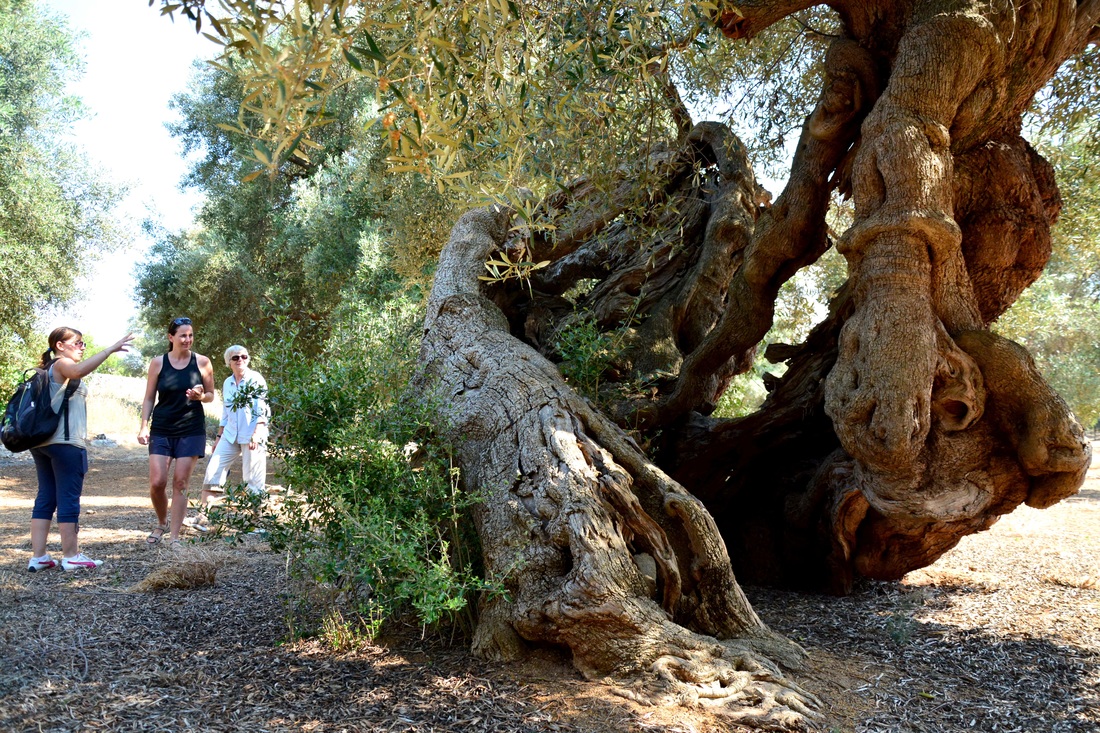
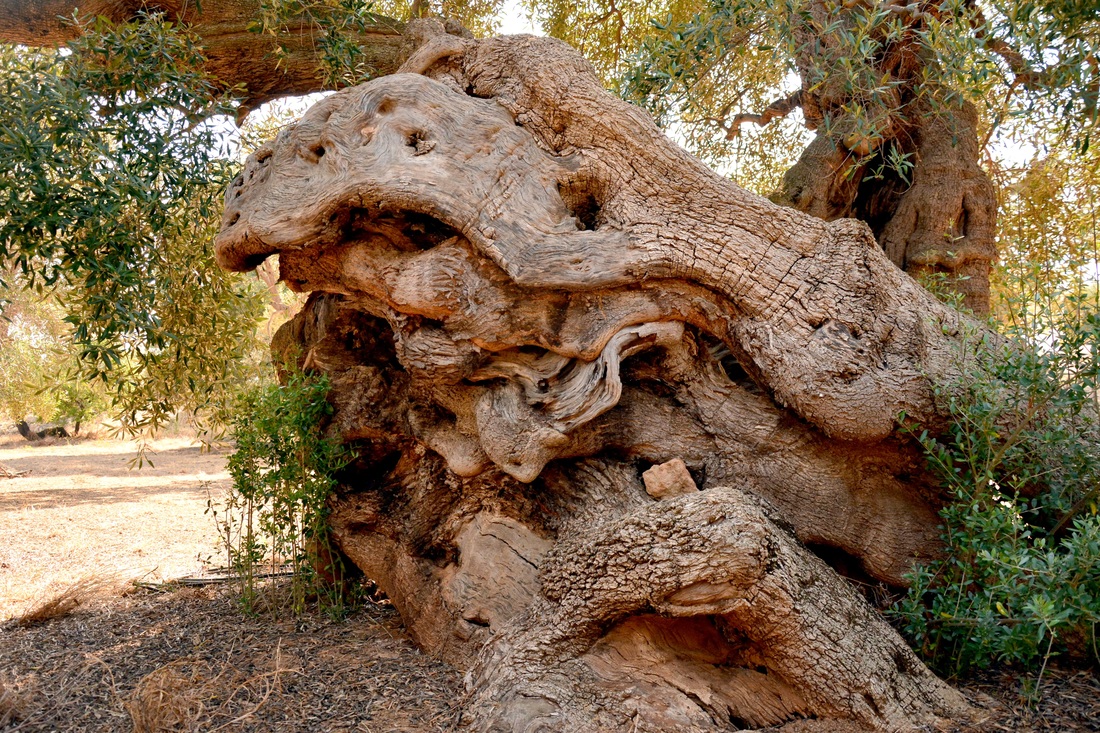
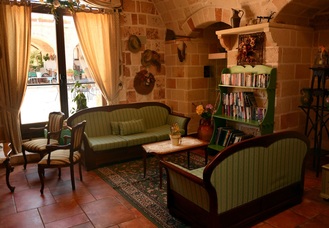
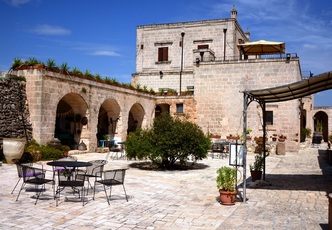
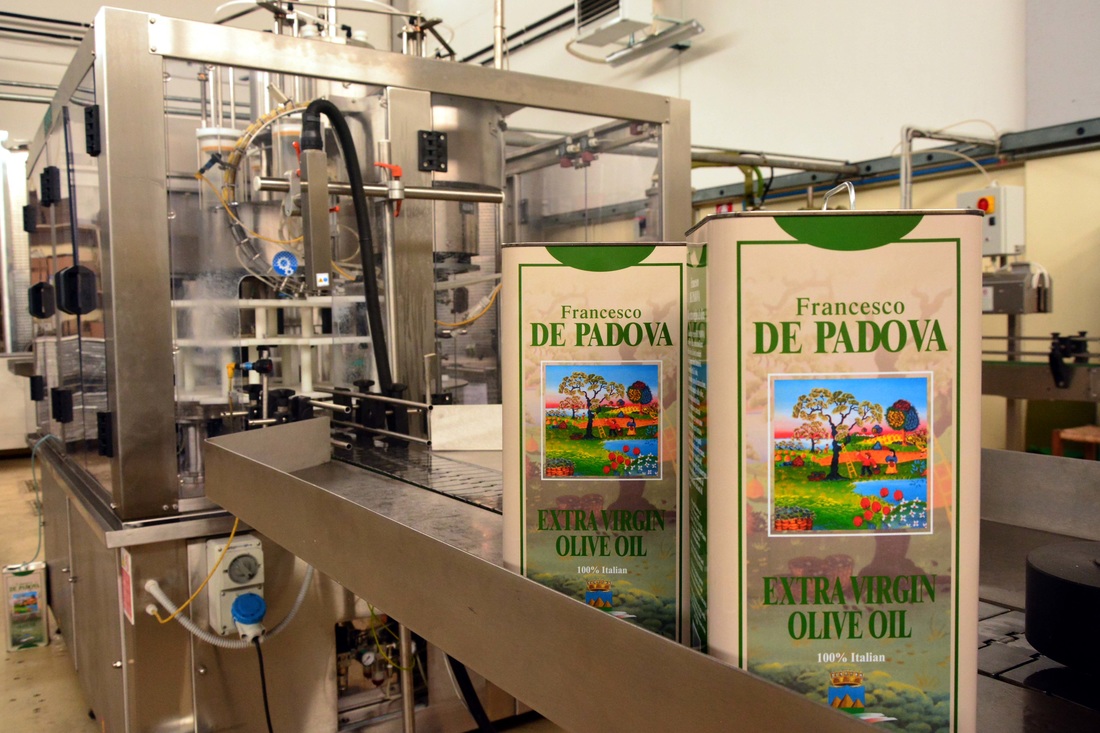
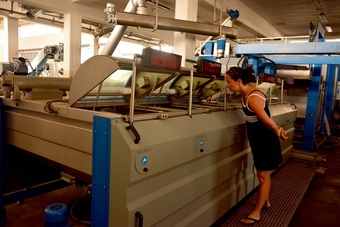
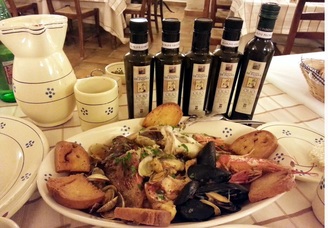
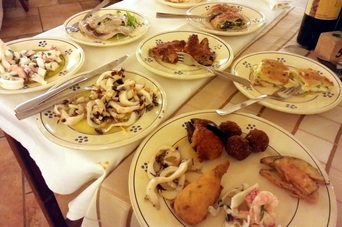
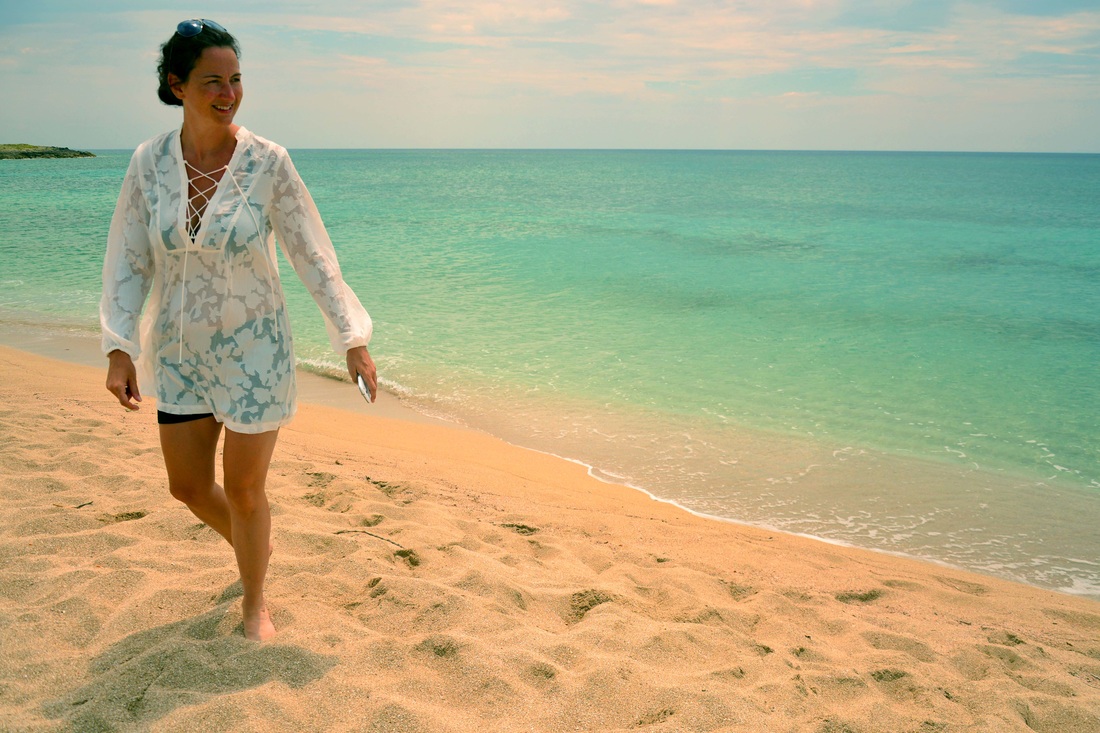
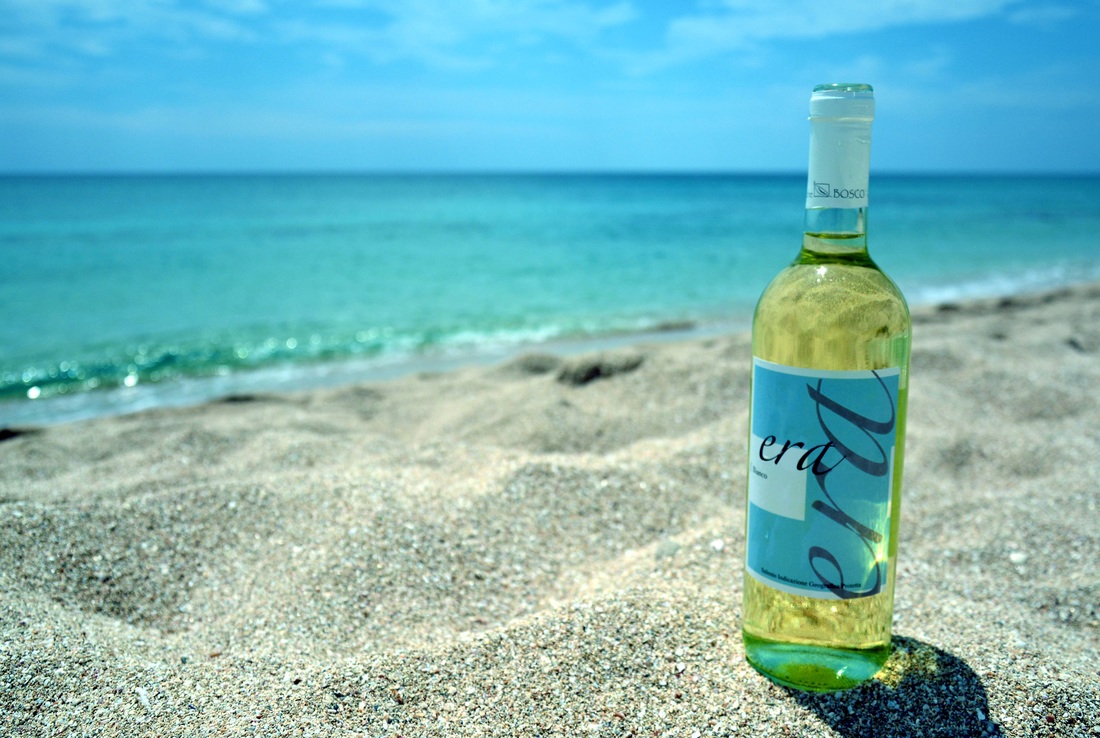
 RSS Feed
RSS Feed
